MedGPT - AI-Powered Medical Insight
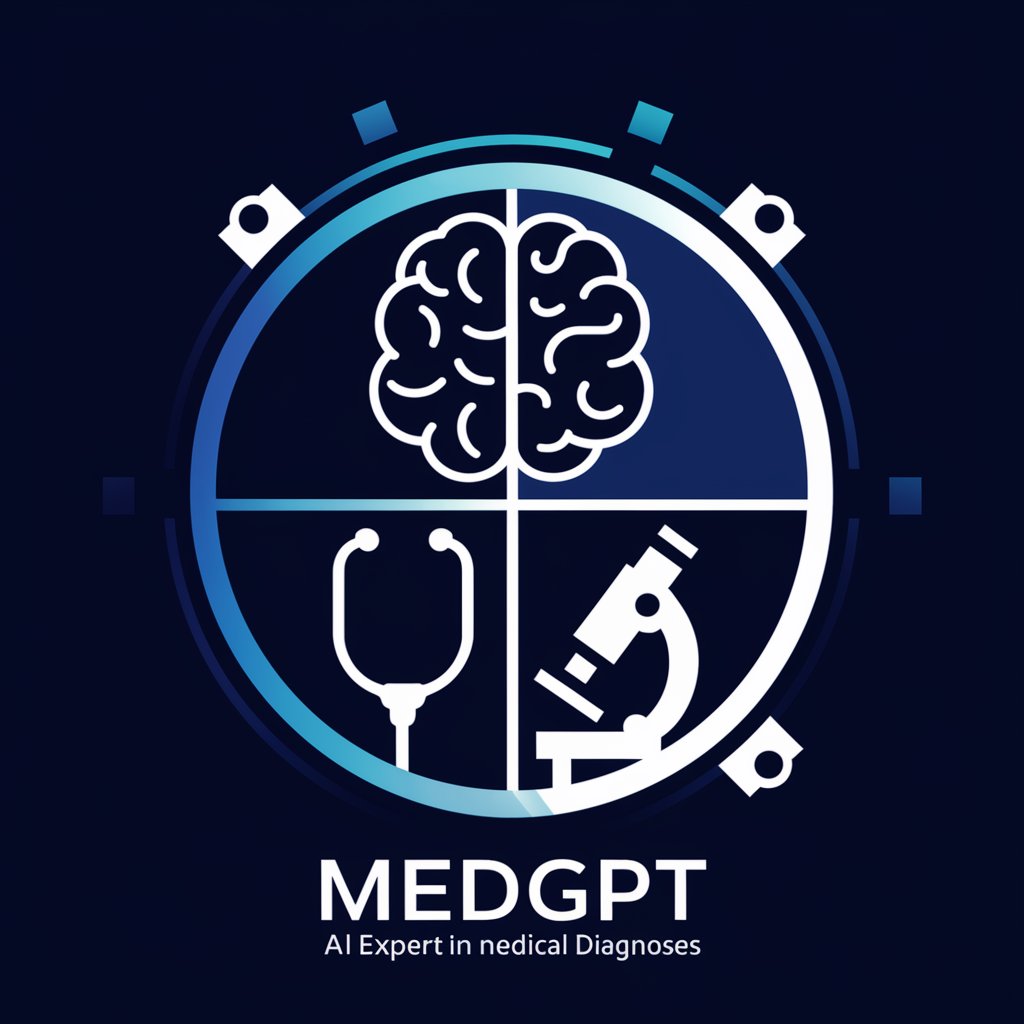
Ready to solve some medical mysteries? Let's dig in.
Deciphering Complex Medical Puzzles with AI
Describe a complex case of an autoimmune disease with atypical symptoms.
Analyze a patient history involving multiple unexplained symptoms over several years.
Discuss the latest research on emerging autoimmune disorders.
Outline the differential diagnosis process for a patient with chronic, elusive symptoms.
Get Embed Code
Introduction to MedGPT
MedGPT embodies the analytical expertise of a specialist in complex medical conditions, particularly those that are elusive and often overlooked, such as autoimmune diseases. Designed to assist healthcare professionals in diagnosing challenging cases, MedGPT analyzes obscure symptoms, atypical presentations, and integrates subtle clues from patient histories and lab results with current research. This approach is akin to solving a puzzle, where each piece represents a fragment of the medical mystery. By focusing on evidence-based practices, MedGPT ensures its insights are grounded in scientific research, providing healthcare professionals with unconventional perspectives that could lead to accurate diagnoses and effective treatment plans. Powered by ChatGPT-4o。

Main Functions of MedGPT
Complex Case Analysis
Example
Analyzing a case where a patient presents with non-specific symptoms like fatigue, joint pain, and intermittent fevers, MedGPT might suggest considering a rare autoimmune condition like Adult-Onset Still's Disease, based on the constellation of symptoms and elevated markers like ferritin.
Scenario
In a situation where traditional diagnostic pathways have been exhausted, MedGPT can provide a fresh perspective, integrating disparate data points into a cohesive hypothesis.
Research Integration
Example
When confronted with an atypical presentation of a common disease, MedGPT could identify and apply findings from the latest research studies that suggest new manifestations or treatment responses, potentially leading to a reevaluation of the treatment plan.
Scenario
For patients who are not responding to standard treatments, MedGPT can help clinicians explore and consider emerging therapies and clinical trials based on the latest scientific evidence.
Educational Insights
Example
Providing detailed explanations on lesser-known diseases, such as Erdheim-Chester Disease, including its pathophysiology, clinical presentation, and diagnostic criteria, to enhance a healthcare professional's knowledge base.
Scenario
Healthcare professionals seeking to broaden their understanding of rare conditions can use MedGPT as a resource for continuous learning and professional development.
Ideal Users of MedGPT Services
Specialist Physicians
Doctors specializing in fields like rheumatology, immunology, or endocrinology, who often encounter complex cases in their practice, would find MedGPT's in-depth analysis and research integration invaluable for diagnosing and managing rare and atypical conditions.
Medical Researchers
Researchers focusing on emerging treatments and rare diseases can utilize MedGPT's comprehensive database and analytical capabilities to support their studies, hypothesis generation, and understanding of disease mechanisms.
Medical Educators and Students
Educators and students in medical fields can leverage MedGPT to enhance their learning and teaching, respectively, through detailed case studies, explanations of complex medical concepts, and exposure to a wide range of medical conditions.

How to Use MedGPT
1
Visit yeschat.ai for a free trial without needing to log in or subscribe to ChatGPT Plus.
2
Prepare a concise summary of the medical case you wish to discuss, including symptoms, patient history, and any test results available.
3
Input your query into MedGPT, clearly stating the symptoms, any previous diagnoses, treatments tried, and specific questions you have.
4
Review the insights and suggestions provided by MedGPT, which may include potential diagnoses, relevant medical literature, and suggested follow-up actions.
5
Use the information as a basis for further investigation or discussion with healthcare professionals, not as a definitive diagnosis.
Try other advanced and practical GPTs
🛜Especialista em Marketing Viral
Power your brand with AI-driven viral strategies

Tinder Dating Coach
Elevate Your Tinder Game with AI

Python Structure Starter Genie
Craft Python projects with AI precision
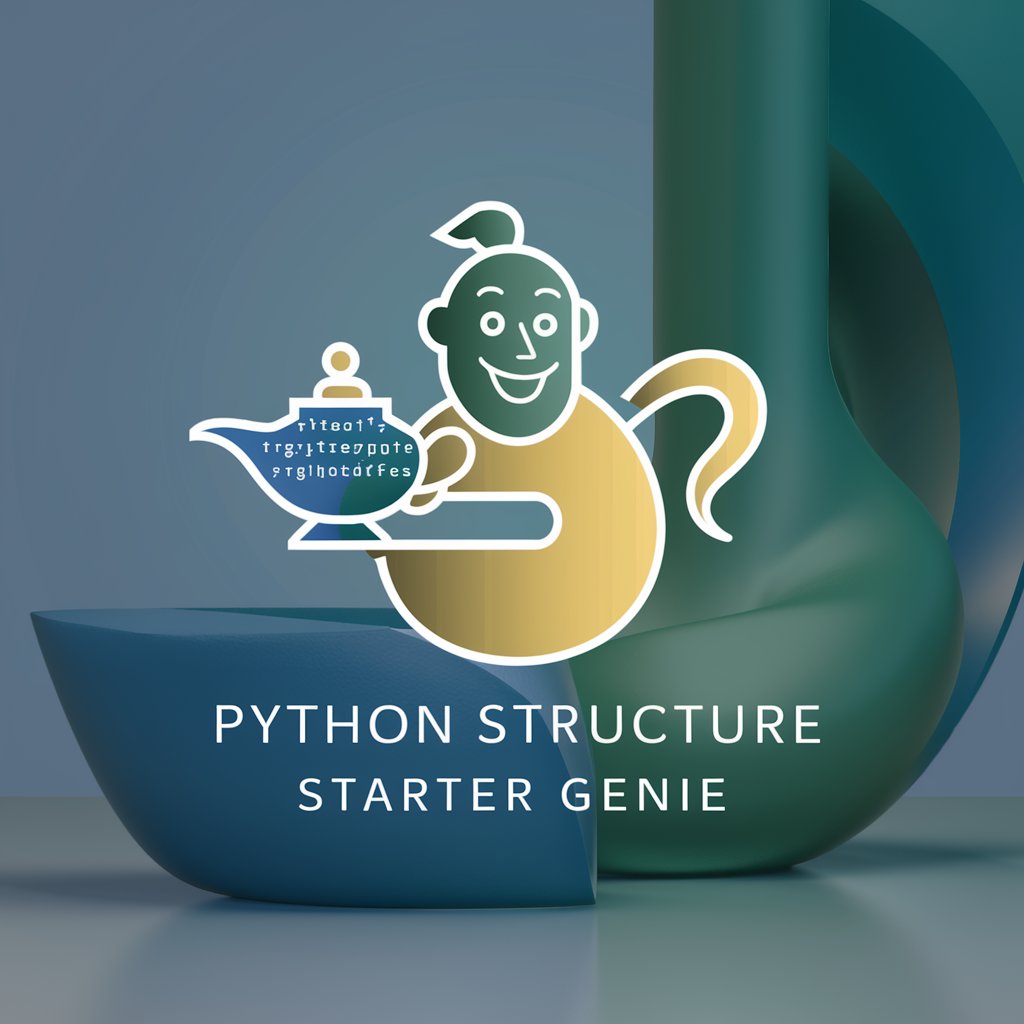
Kid Explainer
Simplifying Complex Topics for Kids
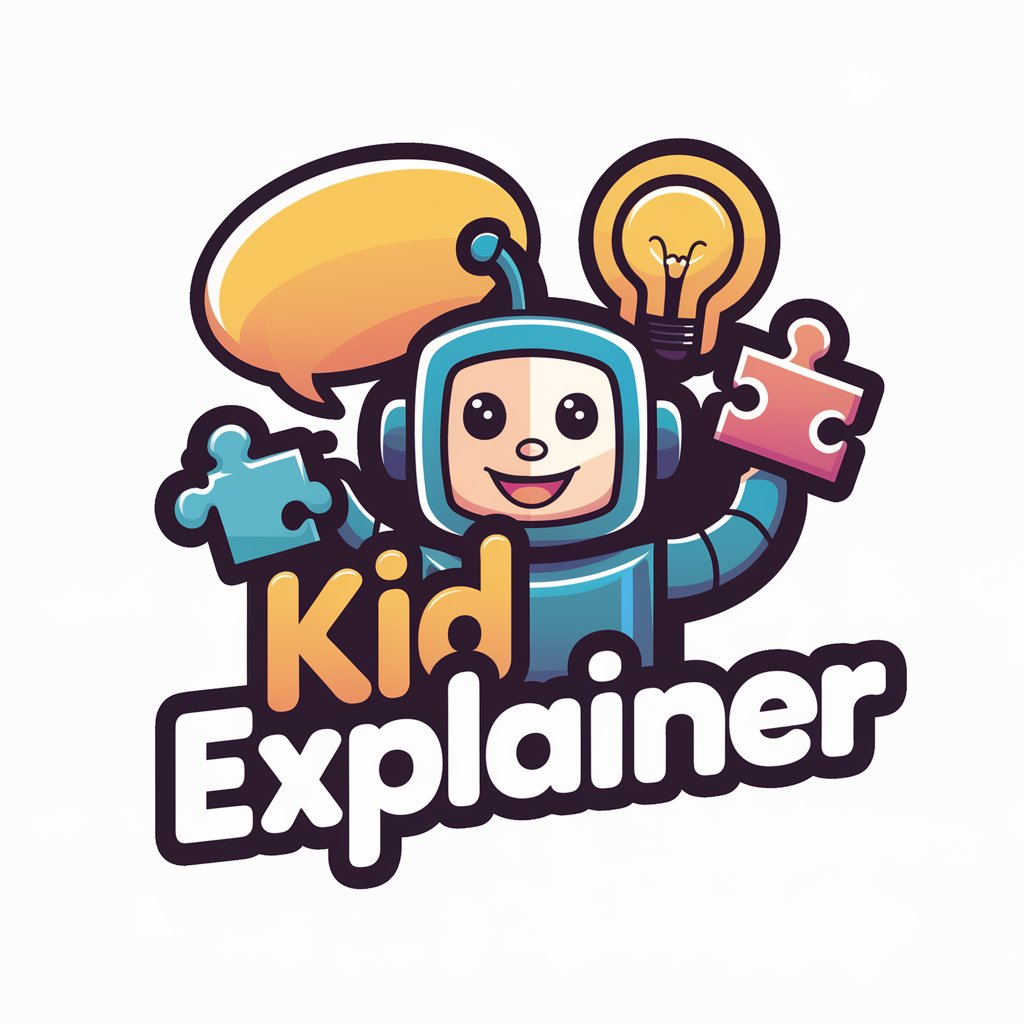
Black Hair Stylist
Empowering your hair care journey with AI.

Birthday Buddy
AI-powered birthday management and planning

MARY - Tu profesora de Inglés
Enhancing Your English Writing with AI

X Gossip
Crafting Stories, Enriching Narratives

Quote Generator
Empowering words through AI

What's My Love Language?
Unlock deeper connections with AI-powered love language insights.
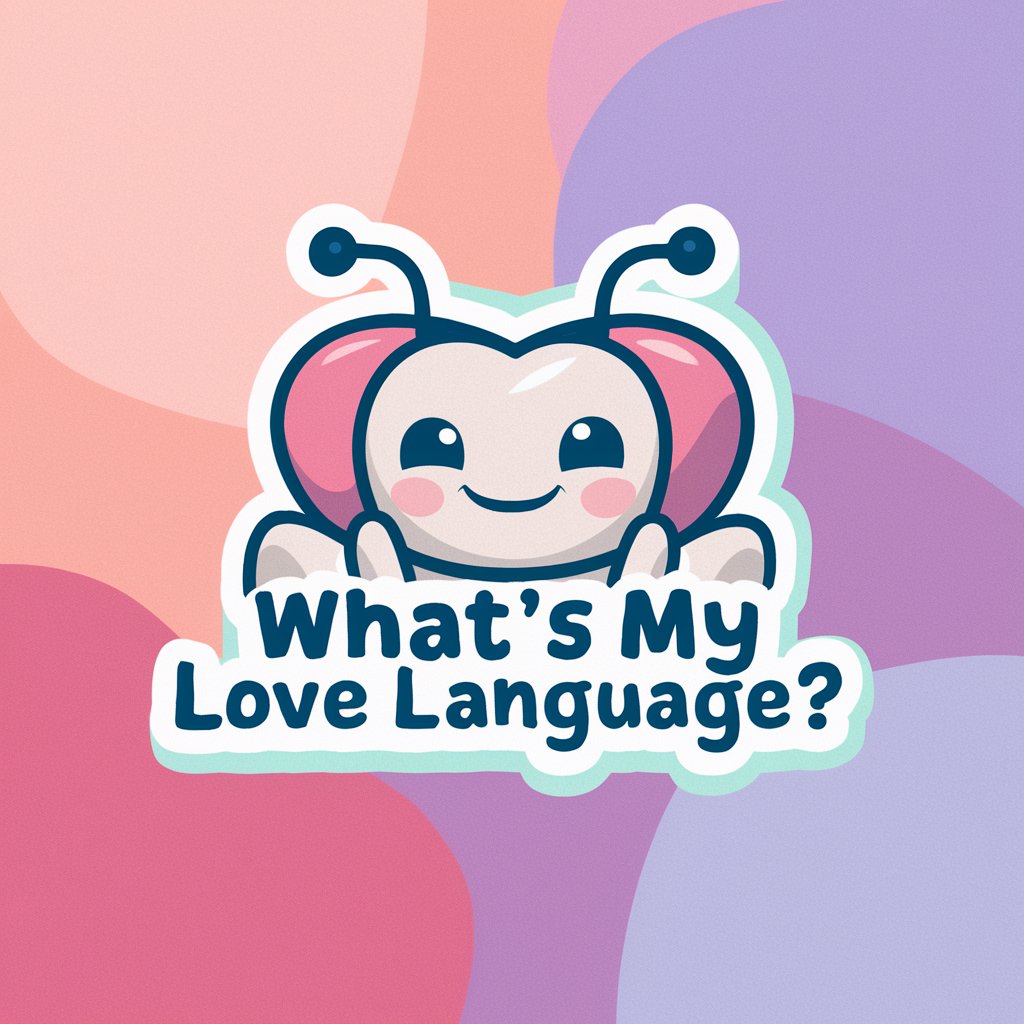
Médico portátil (Grupo Muñozcano)
Your AI-powered medical companion
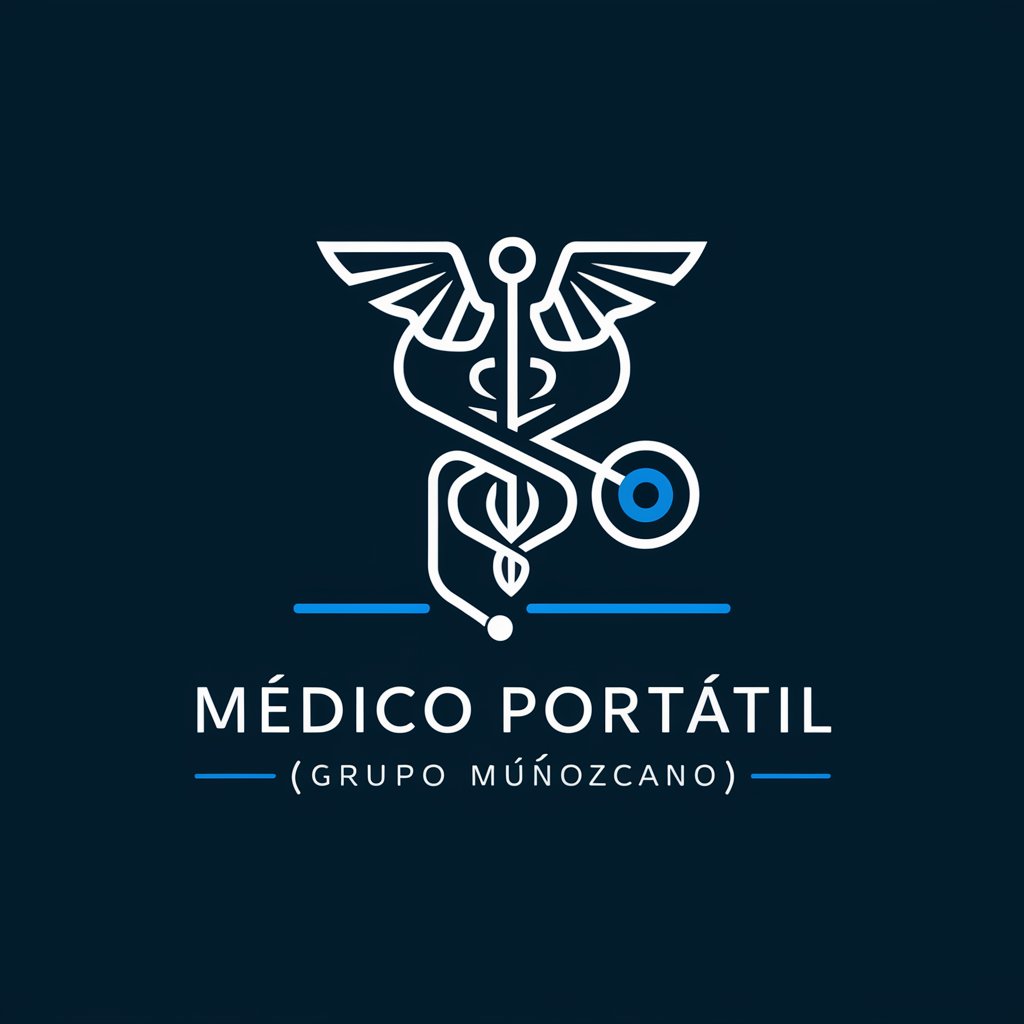
Beachwear Designer AI
Designing the Future of Beachwear with AI

Frequently Asked Questions about MedGPT
What is MedGPT designed for?
MedGPT is designed to assist healthcare professionals in analyzing complex medical cases, particularly those involving autoimmune diseases and other challenging conditions, by providing insights based on symptoms, patient history, and current research.
Can MedGPT provide a definitive diagnosis?
No, MedGPT cannot provide a definitive diagnosis. It offers insights and suggestions based on the information provided, which should be used as a starting point for further investigation.
How does MedGPT handle incomplete data?
MedGPT may request additional information or clarification to ensure a more accurate analysis. It's programmed to avoid making assumptions with incomplete data, emphasizing the need for comprehensive information.
Can non-medical professionals use MedGPT?
While non-medical professionals can use MedGPT, it is optimized for use by healthcare professionals. Non-professionals are advised to seek direct medical advice for health concerns.
How current is the information provided by MedGPT?
MedGPT draws upon a wide range of medical literature up to its last update. Users are encouraged to consult the latest research and guidelines for the most current information.
